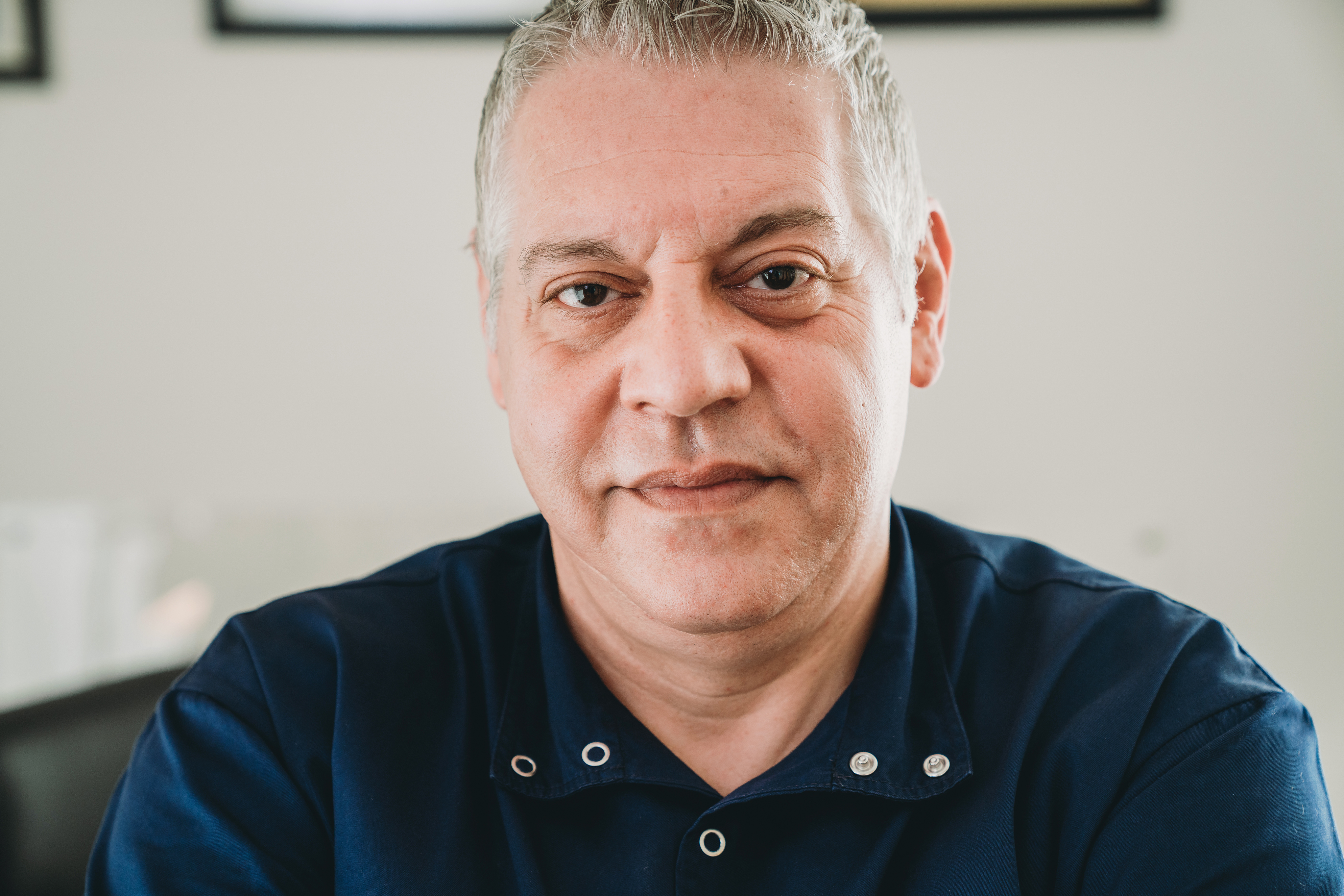Case studies to help you to reflect on your practice
These case studies will help you to reflect on your practice, and provide a summary of reflective models that can help aid your reflections and make them more effective.
Templates are also provided to guide your own activities. Remember, there is no set way to reflect and you can adapt these activities to suit your learning style and your role.
Your reflection should be about learning and improving your practice. If you’d like to see how reflection has impacted the practice of some of our registrants, watch this short video.
Getting started
Here are some tips to think about when you set out to reflect.
Positive outcome of challenging situation: Any kind of experience in your practise can be reflected on and provide useful insights. Don’t feel like you have to choose a ‘special’ event.
Take a focused approach: There are no rules, but you will probably get the best impact if you approach your reflection with a specific focus in mind. Focus on what you want to learn from your reflection and think about how it relates to your role.
Learning: Focus on what you learned in an event and don’t just provide an account of an event.
Resources: Aside from this toolkit, there are wide variety of resources to help with your reflection. Check with your employer, your professional body or union.
Confidential: When making your notes, respect everyone’s confidentiality. Keep personal info about your service users and colleagues anonymised in your records and make sure that no one can be identified if you present your reflections somewhere.
Tudalen wedi'i diweddaru ymlaen: 25/03/2021




